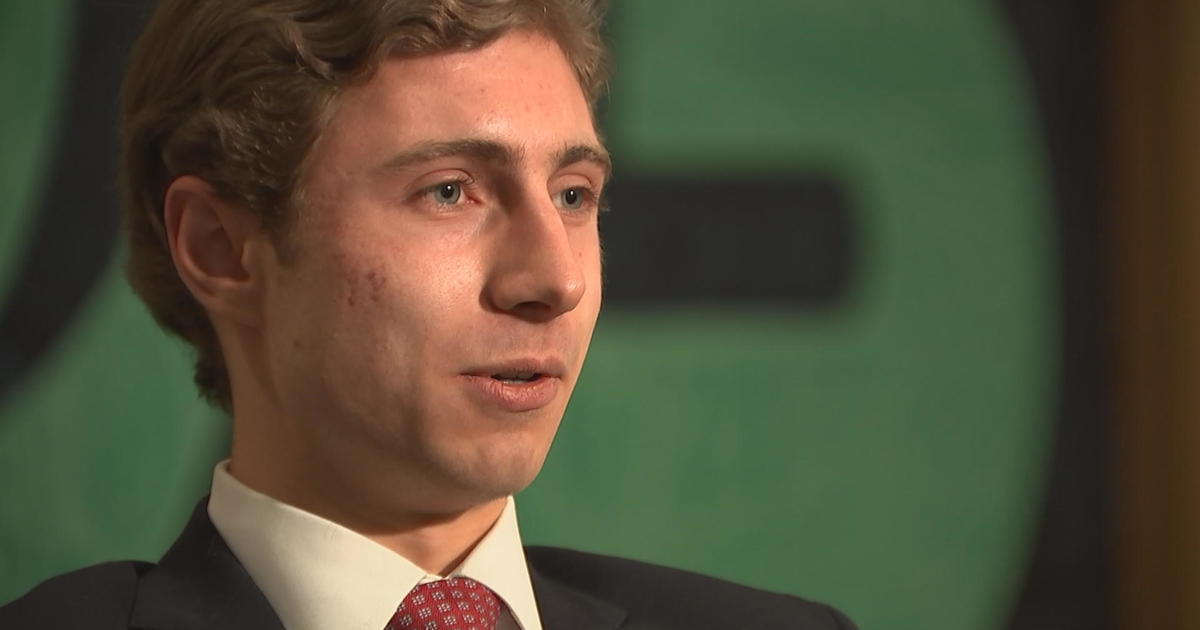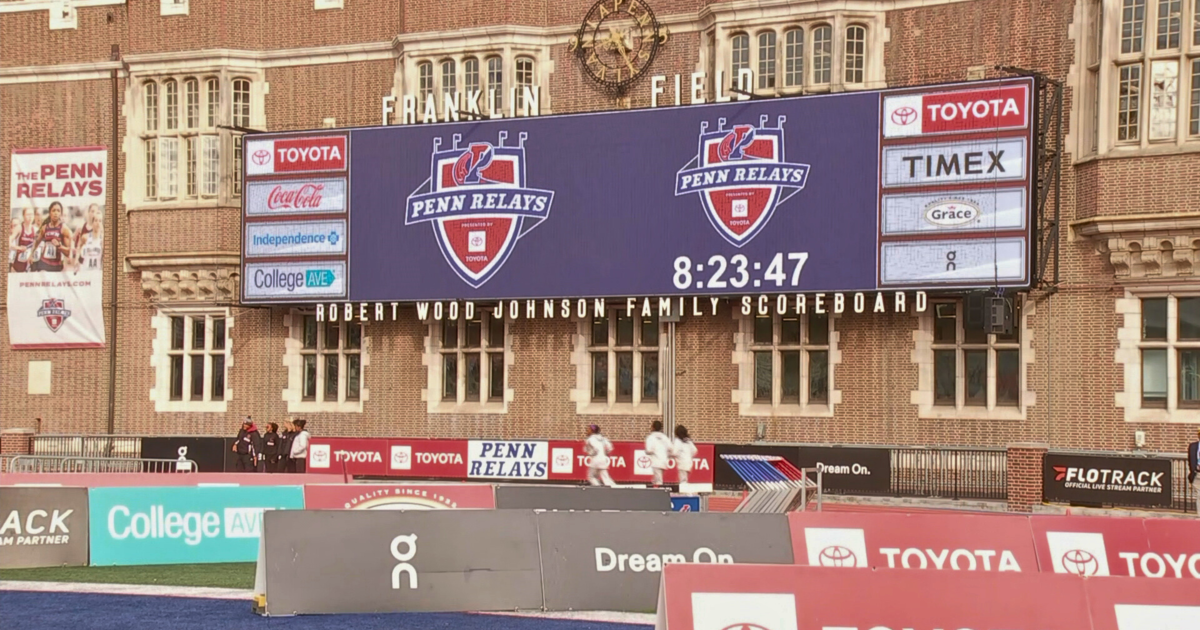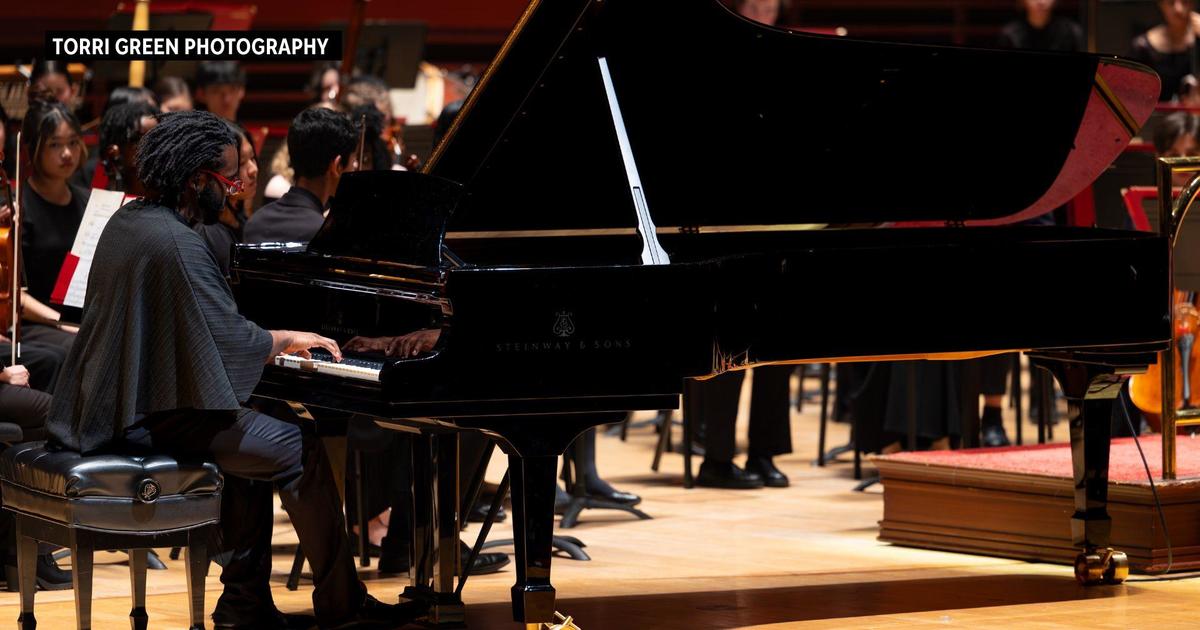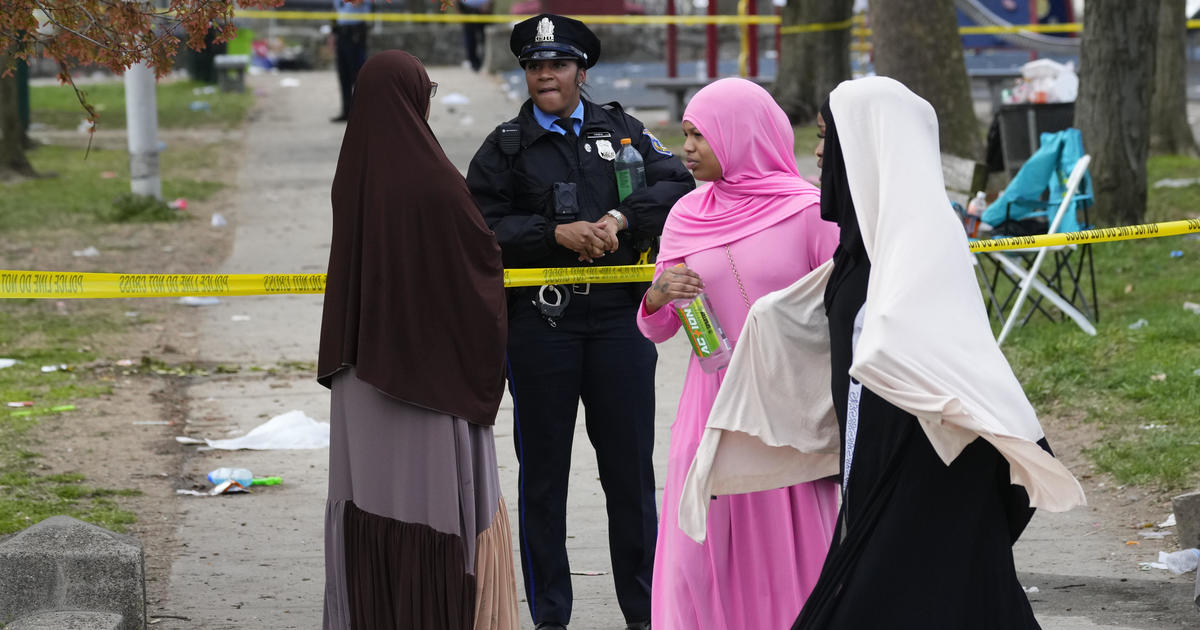Coronavirus Latest: Philadelphia's Wistar Institute Among Facilities Working To Find Vaccine For COVID-19
PHILADELPHIA (CBS) -- There is a big push to find a vaccine for COVID-19. On Monday, the first dose of an experimental vaccine was given to a volunteer in Seattle, Washington. There is a lot of hope that this experimental vaccine works.
The clinical trial aims to enroll a total of 45 healthy adults over a six-week time frame. Each participant will receive two injections about a month apart in varying doses.
The fast-track research is one of dozens of projects underway around the world as scientists frantically search for a way to contain and prevent the deadly virus.
"The drugs that will be able to treat this disease are in development and look very encouraging. So the hope is that there is some very positive news there in a week or two," Dr. Davis Agus said.
But despite the early progress, public health officials say it will take at least a year for a potential vaccine to be approved for use.
"Our message is test, test, test," World Health Organization Director-General Tedros Adhanom Ghebreyesus said.
Until a vaccine is developed, officials at the World Health Organization are urging widespread testing to contain the virus.
"It is important for countries to know where the virus is circulating and who is infected to know who is not infected. By doing so you can effectively stop transmission between people," Dr. Maria Van Kerkhove said.
Among the facilities working on a COVID-19 vaccine, is the Wistar Institute in Philadelphia. They have a DNA footprint of the virus that will be used in a potential vaccine.
"We have a way to mimic that fools the immune system into thinking something dangerous," Dr. David Weiner from the Wistar Institute said.
While dozens of people have died in the United States and thousands worldwide, the vast majority of patients with mild symptoms recover in about two weeks.
Those with more severe illness may take up to six weeks to recover.
The vaccine clinical trial is in phase one meant to establish safety and to determine if it creates an immune response.
Scientists say it will require follow-up studies involving many more people.



